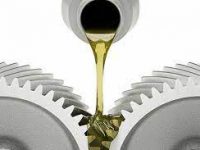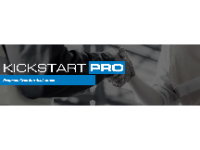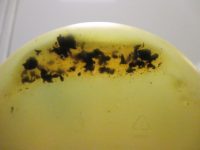Why would you ever want to change your oil analysis provider? If you are reading this, you probably already have a good idea—poor service, lack of customization, incomplete or vague report results—or just carelessness that you would never tolerate in your own company, so why should you tolerate it in your lab? TestOil Vice…
Read more
Switching Oil Testing Labs: TestOil Makes it Valuable and Painless to Change.







